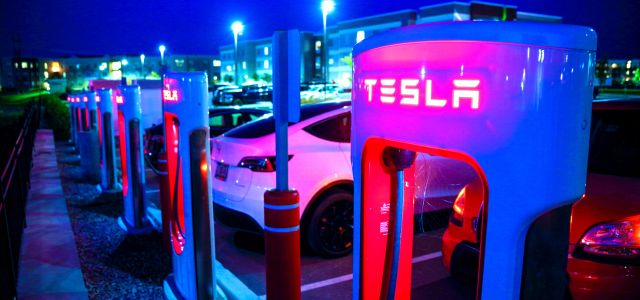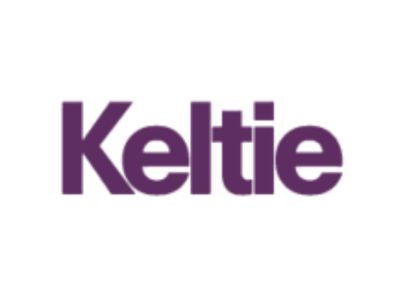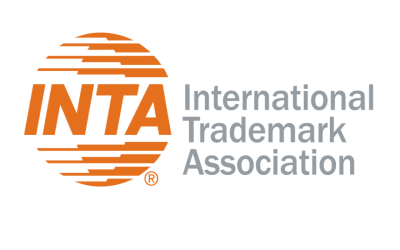In a recent case, the car giant Tesla Inc. successfully invalidated the mark TESLA CHICKEN & PIZZA. The registration, in the name of Amanj Ali, was registered on 11 August 2020 for food and drink services in Class 43. Ali initially opposed Tesla’s application for TESLA for Class 43 services based on this earlier trademark. However, Tesla countered by filing an invalidation action against the mark based on claims it had acquired a reputation in the UK, unregistered rights, and bad faith.
Unregistered rights
While Ali agreed that Tesla had a substantial reputation and goodwill for electric vehicles, he did not agree that Tesla had the same for food and drink goods and services.
However, Tesla claimed that they acquired goodwill in the UK in relation to tequila and restaurants through tweets by Elon Musk – CEO of Tesla, Inc. – in 2018 stating: “Teslaquila coming soon… ” and that he was going to put a “restaurant at one of the new Tesla Supercharger locations in LA.” However, Tesla’s tequila sales were only to US customers, and these sales began after the relevant date.
The Hearing Officer agreed with Ali to some degree, branding Tesla’s claims of goodwill in the UK for restaurants as ‘hopeless’ as the restaurant is yet to exist. As such, the Hearing Officer rejected Tesla’s claim that they had goodwill in the UK for tequila. However, it was held that Tesla had goodwill in cars, electric cars, batteries to supply electric power to motors for electric vehicles, maintenance and repair services for automobiles, and financing services for its vehicles.
The Hearing Officer found that the use of Ali’s mark would cause a misrepresentation to the public. This was because a customer may believe that if his restaurant or takeaway was near an electric car recharging station, it may be connected to Tesla through a license or franchise arrangement. As such, the use of Ali’s mark would damage Tesla’s goodwill. As a result, Tesla succeeded on this ground.
Reputation
The Hearing Officer found Tesla had a reputation for electric cars and an array of other goods and services (not relating to food and drink), such that they were able to rely on Section 5(3) of the Trade Marks Act 1994. The Hearing Officer also found that the use of Ali’s mark would create a link in the minds of the relevant public for TESLA. This is a requirement of the reputation ground.
Tesla claimed that its cars have a reputation for “quality, innovation, and consistency.” This reputation would give Ali a commercial advantage by transferring the same qualities onto his services without offering Tesla any compensation for its investment in its brand. Also, as Ali did not file evidence of having due cause, the Hearing Officer found that the use of his mark would, without due cause, take unfair advantage of the reputation of Tesla for electric cars.
It was also held that the use of the mark could be detrimental to the reputation and distinctive character of the Tesla brand, and as such Tesla succeeded on Section 5(3).
Bad faith
Tesla claimed that Ali filed his application in bad faith with the intention of preventing Tesla’s entry into the restaurant market. The Hearing Officer found that Ali was aware of TESLA and it was likely that he was aware of the reports of Tesla entering the food and drink market. He also knew how the trademark system worked and, while this would not be enough to demonstrate bad faith by itself, Ali had offered to sell his mark to Tesla for 750,000 GBP. This offer for sale reinforced the idea that the application was filed in bad faith.
Ali declined to give evidence to rebut Tesla’s claims as he believed Tesla’s case was weak. However, this was likely a mistake as the Hearing Officer did not find it in Ali’s favor and held that he filed the application in bad faith.
Conclusion
While this case may not come as a huge surprise, it does serve as a reminder of a few key points.
Firstly, it is important that you file the correct evidence of use, showing use is in the UK and within the relevant date.
Also, it is crucial to either employ a watch service or keep an eye on the public register to look for potential trademark infringements. If a potential infringement arises, you should seek to approach the other side as soon as possible to resolve the matter (if possible).
Finally, it is up to the defendant to prove that he did not file the application in bad faith. By not filing any evidence, you are playing a risky game that could, as in this case, lead to a finding not in your favor.

Written by Ayesha Akhtar
Associate, Keltie LLP
You may also like…
INTA files statement in intervention in EU case on the inherent distinctiveness of color combination trademarks
New York, New York—July 24, 2024—The International Trademark Association (INTA) has filed a Statement in...
Bytedance stumbles in Singapore: IPOS rejects TIKI trademark challenge
The social media giant Bytedance, owner of the ubiquitous TikTok platform, recently suffered a setback in Singapore....
TOUR DE FRANCE fails in the third stage against German fitness studio chain
At the end of June, the 111th edition of the Tour de France kicked off. June also saw the end of a dispute between...
Contact us to write for out Newsletter














